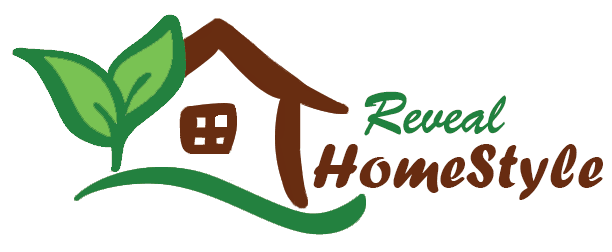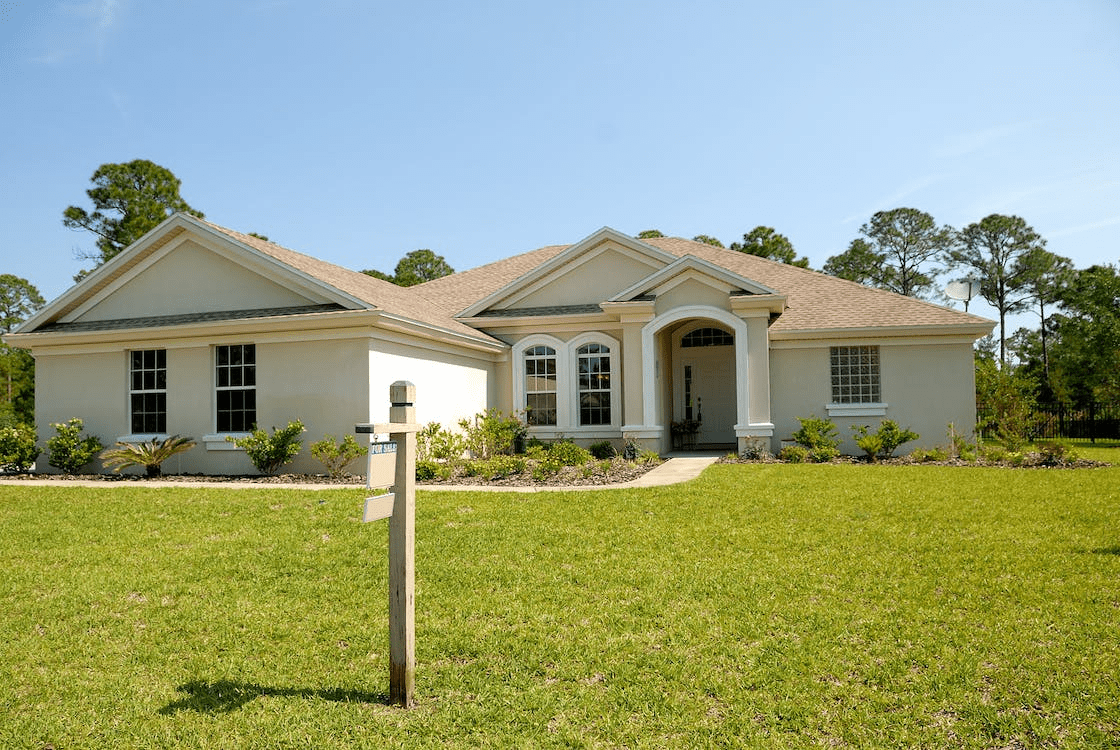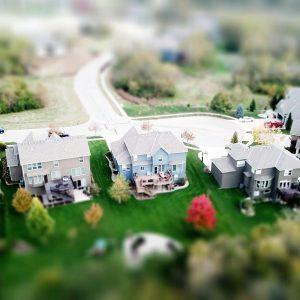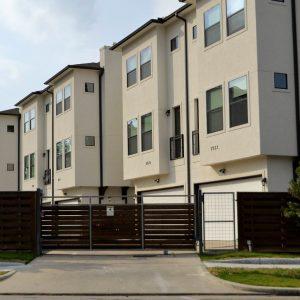A property value is defined as the worth of a real estate asset based on market trends. It includes all the elements of the property, such as its location, features, size, and condition. Generally, property value is rising, but many factors could cause a decrease. Be aware of these factors to protect your investment. The major ones are:
The roof condition
A roof that needs repair or replacement can cause a significant decrease in the value of your property. A roof damaged by hail, wind, or age will affect your home’s aesthetic appeal and value. Talk to experts such as Four Seasons Kanga Roof when you suspect your property’s roof is in poor condition.
The professionals will inspect, repair, and replace it to protect your home’s value. They will also advise on preventative measures to take in the future, such as regular maintenance, cleaning, and inspections. If a replacement is the best choice, consider the following:
- An energy-efficient roof that adds insulation and reduces your energy costs
- A high-quality roofing material that is guaranteed to last longer than traditional materials
- A color and style that matches the aesthetic of your home
- The price of maintenance and repairs
- A material that can withstand local weather conditions
The condition of the plumbing and electrical systems
Plumbing and electrical systems that are not in good working order can cause a decrease in your property value. Wiring and pipes that are outdated or damaged by weather conditions are dangerous. They put your home at risk of damage.
Have them inspected regularly and address issues as soon as possible. In the case of old systems, replace them with modern, energy-efficient alternatives. For instance, a solar panel installation can save you money on energy bills and increase your property’s value. Motion sensor lights, LED bulbs, and smart appliances are also worth considering.
The property location
A good location is a significant advantage. Buyers usually research the area before they purchase or move into a new property. They consider convenience, local amenities, crime rates, and the surrounding environment. However, a location’s value can decrease if there is an influx of new development or a decline in the local economy.
Consider the target clients as well. The elderly may have different preferences than the younger crowd. A younger person may want proximity to public transport and amenities, while an older adult may prefer a quiet neighborhood with lots of greenery.
The state of the market
Changes in the real estate market can have a significant effect on the value of a property. When the economy is doing well, there tends to be an increase in demand for housing and higher prices. On the other hand, a recession or market instability can cause prices to drop. Research and stay up-to-date with economic trends. You’ll be well-informed on market changes that could affect your property’s value. You’ll also understand the best time to buy or sell.
Smart home features
Smart home technology is becoming increasingly popular. Properties with modern amenities such as automated lighting, voice-activated devices, and energy-efficient appliances are more attractive. They increase the value of your home and make it stand out from the competition.
The younger generation and those who are tech-savvy may be willing to pay a premium for these features. Even when you don’t want to go all out, consider standard upgrades such as installing wifi, replacing old light bulbs, investing in a home security system, and energy-efficient appliances.
The curb appeal
A home’s value will increase if it has good curb appeal. It means keeping the lawns neatly trimmed, the exterior well-maintained, and the pathways clean. Investing in landscaping, pressure cleaning the driveway, and fixing fences can make your property look more presentable and inviting. Remember to repaint the exterior walls, put up shutters and window boxes, change the front door, or resurface pathways.
Property size
Property size and usable space mean a lot when it comes to value. More extensive properties can command higher prices due to their spaciousness and the potential for additional features like an outdoor space, extra storage, and other amenities. However, more unused space can be a turnoff for buyers and result in a lower-price offer.
Utilize every inch of space to maximize your home’s value. Look for ways to turn unusable areas into useful ones, such as creating an extra bedroom, adding a home office, or turning the basement into a recreational space.
Do the same for the yard. Create an outdoor living space with seating, a fire pit, or a patio for buyers to envision themselves enjoying the area. A well-manicured lawn, creative landscaping, and low-maintenance plants are also great ways to boost your property’s value.
Age
Older properties tend to have lower value in comparison to newer properties. Homes that need significant repairs and renovations will have a lower value as buyers may want to invest time and money into fixing them. However, if your property is older but well-maintained, this could be advantageous as it can add a unique charm and character. Carry out minor repairs and renovations to increase the value of an older property.
You’ll sell your property faster
The state of your property has a significant impact on its value. From making minor upgrades to considering smart home features and curbside appeal, you’ll ensure your property is ready to command the highest price in the market.
Keep up with market trends and neighborhood changes, and always consult a real estate expert. With the right strategies, your property value will remain competitive and attractive to potential buyers.





